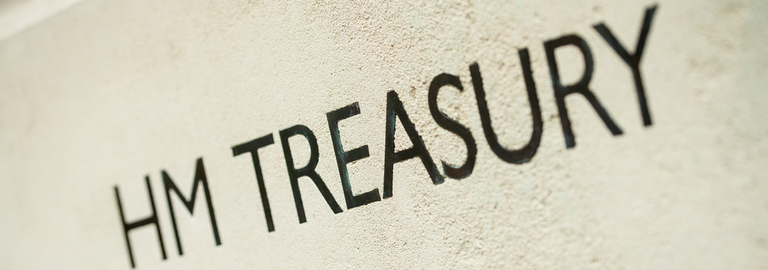Digital services tax still existing is a ‘failure’
The tax raised £358 million in its inaugural year, surpassing initial estimates by 30%
The tax raised £358 million in its inaugural year, surpassing initial estimates by 30%

The fact that the Digital Services Tax (DST) still exists, and has no immediate prospect of repeal, represents a “failure,” according to John Cullinane, the Chartered Institute of Taxation’s (CIOT) director of public policy.
The comments came on the heels of a Public Accounts Committee (PAC) report on the performance of the Digital Services Tax, published on April 5, 2023.
Liberal Democrat MP Sarah Olney, and member of the PAC, said: “We were very pleased to see HMRC finally getting to grips with the realities of taxing multinational corporations, after years of PAC recommendations on this.”
“But the Revenue needs to up its game on compliance – especially across jurisdictions – about how the tax will actually operate, over what will likely be years more before a proper international tax is fully operational.”
As the current international tax system doesn’t account for the value generated by digital companies through UK online users, the government introduced the Digital Services Tax in April 2020 to address this issue.
Despite the continuing uncertainty surrounding the Digital Services Tax’s first-year tax liabilities, the tax raised £358 million in its inaugural year, surpassing initial estimates by 30%.
Cullinane says: “The Digital Services Tax was only ever intended as a stopgap, and with good reason. As we pointed out in our evidence to the committee, a revenue tax such as this is a blunt instrument that cannot accurately represent the tax on the profits generated in the UK.
HMRC has committed to withdraw the DST once an international solution has been agreed and implemented. The UK continues to play an active role in looking to finalise the agreement on Pillar One by mid-2023.
“It will inevitably over-tax some companies and under-tax others. It is also highly controversial internationally, especially with the United States, home of a number, perhaps a majority of the companies affected,” Cullinane adds.
Olney agrees with this view and says: “The fact that the DST generated so much more than HMRC had predicted suggests there is some kind of flaw in their forecasts.”
The US feels measures such as the Digital Services Tax unfairly target American companies and has in the past threatened retaliation against countries which adopt them, Cullinane notes.
Cullinane and the CIOT believe the report only emphasises why reaching a multilateral solution to taxing digital multinational companies is vital.
“It is important that all governments, including our own, redouble their efforts in this area, enabling us to repeal the Digital Services Tax once an appropriate global solution is in place,” he adds.
A government spokesperson said: “The Digital Services Tax has proved highly effective at taxing the UK revenues made by online businesses ahead of new international rules. Profit-shifting by multinationals is a separate issue and the government has taken significant steps to tackle it.”
The DST has only 18 taxpayers with 90% of the revenue sourced from the tax coming from just five of those companies.
The PAC report warned HMRC that the tax may become less effective over time as businesses may consider using “the huge resources and expertise at their disposal to circumvent” the digital services tax.
Olney says this is an “assumption” from the PAC, but it is “generally accepted” that it can occur.
As it stands HMRC has said it has not seen any evidence of tax avoidance, “for example by changing business models” as firms currently don’t believe it is worth their while.
The CIOT believes that while there are only 18 taxpayers subject to the DST, other big revenue-raising taxes have a plethora of taxpayers.
“We think that HMRC, the Government and the PAC should focus on improving HMRC service levels, which is now essential to the collection of revenue as well as to the health and prosperity of business and individual taxpayers, and not be tempted to pursue the illusion that deficiencies in delivering the major taxes can be made good by new taxes targeting tiny numbers of taxpayers, even if they are very large taxpayers,” states Cullinane.
£30.8bn in tax revenue was recovered through compliance efforts in 2021-22, similar to the previous year but down a staggering £6bn from the tax recovered in 2019-20.
Olney says that HMRC’s service levels “are bad and are getting worse” but notes the PAC is committed to helping improve the current situation.